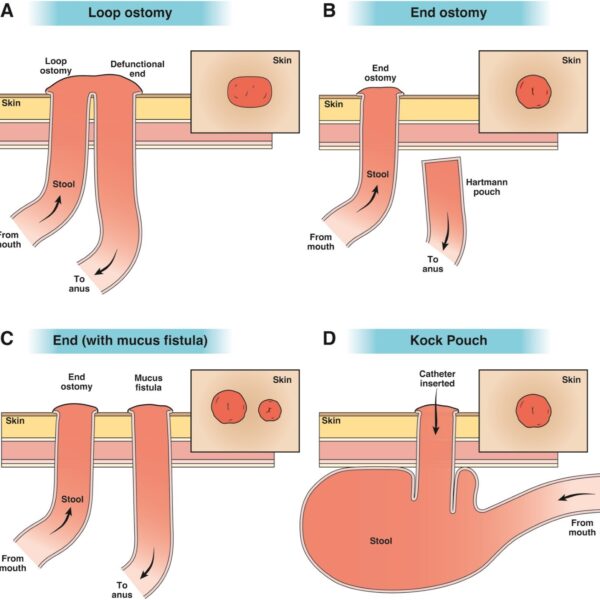
Ostomy
An ostomy is an opening in your stomach that is made by surgery to let solid or liquid waste leave your body.
Brought to you by the American Gastroenterological Association

An ostomy is an opening in your stomach that is made by surgery to let solid or liquid waste leave your body.
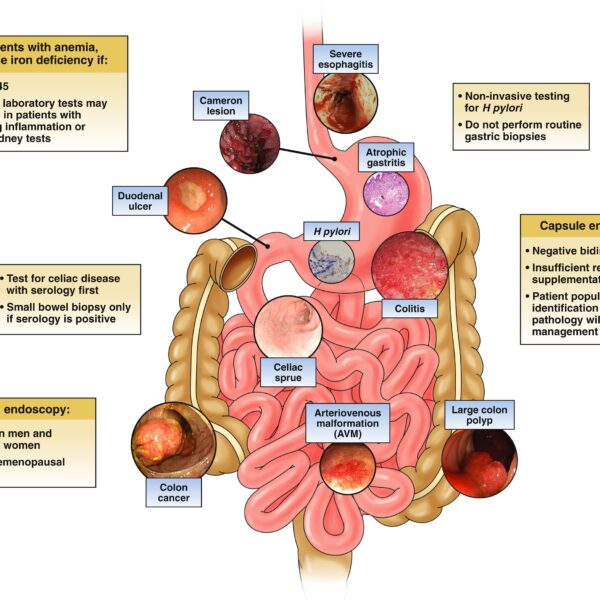
Iron deficiency anemia is the most common type of anemia that happens when you don’t have enough iron to make healthy red blood cells.
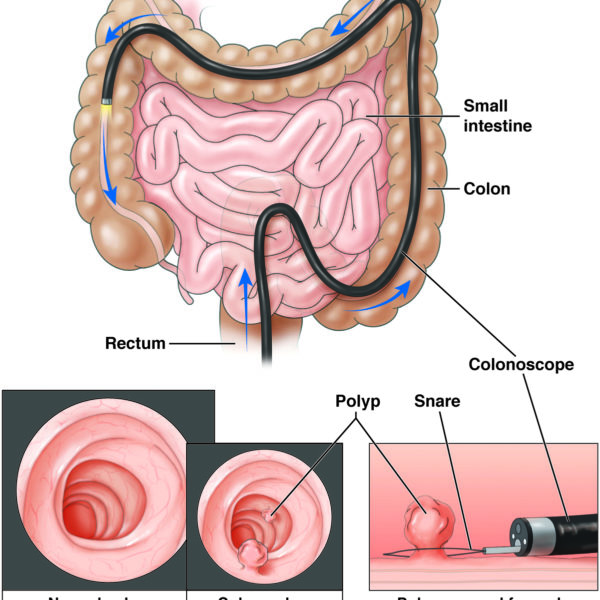
A colonoscopy is a procedure performed by a doctor called a gastroenterologist, who uses a colonoscope to look inside the colon and check for diseases like cancer or colitis.
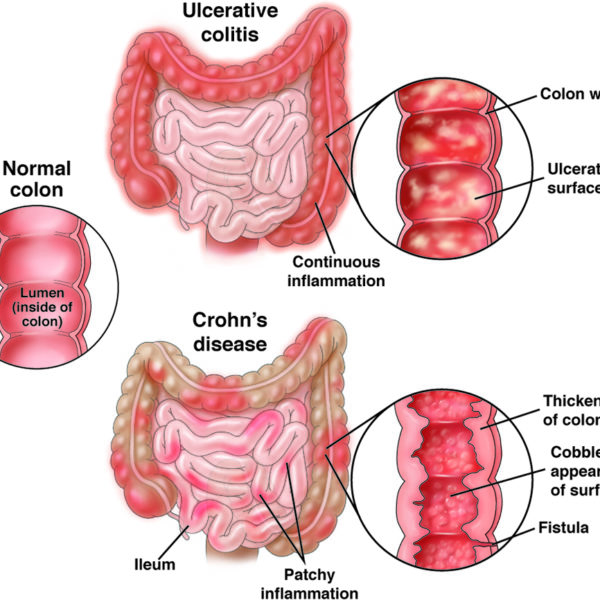
Patients with IBD need to work with their health care providers to decide which vaccines they need to stay healthy.
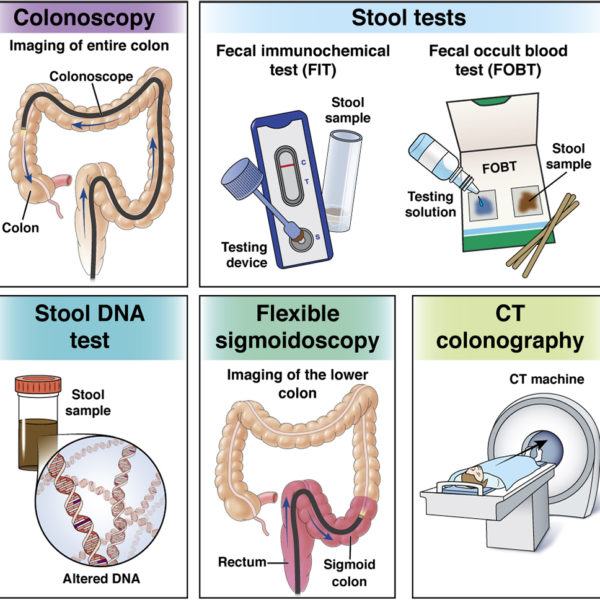
Learn what to expect and what to do if you get a bill you were not expecting after having a colorectal cancer screening.
Exclusive enteral nutrition, or EEN, is a low risk and safe therapy that can help improve symptoms of Crohn’s disease.
Consuming a wide variety of foods with fiber is important for gut health in patients with inflammatory bowel disease, or IBD.
Diet tips to help reduce symptoms during Crohn’s disease or ulcerative colitis flares or active disease.
Also called the non-diet approach, this approach focuses on finding alternatives besides restrictive diets to help with GI symptoms.
Clostridioides difficile, or C. diff, is a bacterium that can cause gastrointestinal symptoms, like nausea, watery diarrhea, stomach pain and stomach cramps that may be severe.
4930 Del Ray Avenue
Bethesda, MD 20814
301-654-2055
This website uses cookies so that we can provide you with the best user experience possible. Cookie information is stored in your browser and performs functions such as recognising you when you return to our website and helping our team to understand which sections of the website you find most interesting and useful.
Strictly Necessary Cookie should be enabled at all times so that we can save your preferences for cookie settings.
If you disable this cookie, we will not be able to save your preferences. This means that every time you visit this website you will need to enable or disable cookies again.
This website uses Google Analytics to collect anonymous information such as the number of visitors to the site, and the most popular pages.
Keeping this cookie enabled helps us to improve our website.
Please enable Strictly Necessary Cookies first so that we can save your preferences!